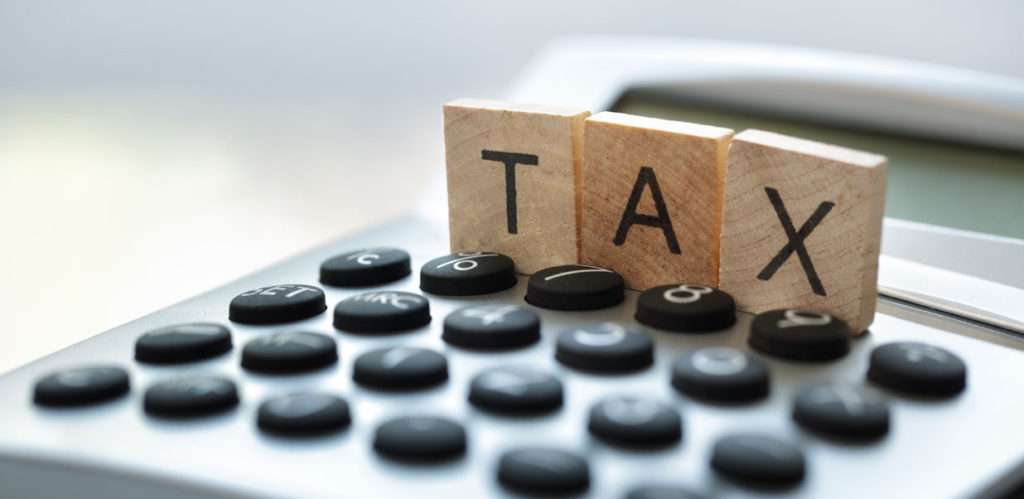
This commission is being led by Ashfaq Tola, and some of the recommendations making their way into the media are very unnerving for policy specialists and the private sector alike.
First, it should be mentioned that just like the previous Tax Reforms Commission, the report of this body has not been made public. The commission itself seems to be working in relative isolation, avoiding any invitation to public forum to speak about their proposals.
We found six proposals from the RRMC, unofficially leaked to news periodicals. The proposals only reflect the short-term needs of a government in crisis, and not much else.
This is an election year, and we really cannot expect much in terms of meaningful tax reforms. Of the six RRMC proposals, three had to do with increasing withholding taxes.
Withholding taxes add an unwelcome compliance burden on businesses and increase complexity of the system. Tax complexity is perhaps the biggest problem facing Pakistan’s economy.
Withholding taxes also eat up working capital and have a detrimental effect on the growth potential and risk preparedness of enterprises. There are also other problematic ideas like advance taxes on long-term reserves of companies.
Tax revenue shortage is not an economy-wide problem, but it is one contained within the organisation, that is our government.
Such proposals, the ones made by RRMC, will work at most for one year, because after that, taxpayers will take counter-measures to reduce their tax burden, even if it means moving into the domain of black and grey economies.
This is something well established by Dr Arthur Laffer through his Laffer Curve, which shows the inverse relationship between high tax rates and tax revenues. These proposals will only serve to lower trust level between taxpayers and the tax collector.
It is highly doubtful that for this specific financial year, the government is as interested in enhancing trust with taxpayers than it is in avoiding default.
For people like us studying these issues in civil society, the biggest threat lies in the fact that a government crisis is being engineered into an economic crisis in front of our very eyes. And it may be so that short-term measures may only work to spread the disease across the whole economy.
Undoubtedly, Pakistan needs a major overhaul of the tax system. That said, less needs to be done and more needs to be undone.
It is just not possible for government machinery to gauge an economy with such precision that it can prioritise or discriminate correctly. That combined with a complex tax system makes such calculations very much irrelevant to any discussions concerning the future of the economy.
In the end, such an approach amounts to guesswork, even when backed by numbers, and complexity without fail leads to unintended consequences.
It is essential that tax exemptions and subsidies are completely done away with. They distort the market and put undue pressure on the government kitty.
The level of progressivity in the present tax regime greatly diminishes the ability of an enterprise to create more productive jobs.
Complexity in taxation may create a few jobs in compliance departments, but it more than proportionately hampers new job creation. In this way, putting a higher tax burden on job creators only works against broadening the tax base.
Government revenues must be restricted to three sources only. These are income tax, sales tax, and customs duty. Tax rates must be harmonised, and these should be fixed for the next five to 10 years.
Predictability in tax policy and stability in tax rates are two key components enabling growth, and hence higher tax revenues in the long run.
It is very important that policy practitioners in the government think long and hard about what needs to be done. We know that the government is worried about short-term revenues, but that is a conversation that brings us back to the root cause of the problem.
Because in the short run, it makes more sense to work on something which is within government’s control, namely the expenditure side of things.
To balance budget, expenditures must be decreased. To balance trade deficit, exports, remittances, and foreign direct investment must replace government liability.
For both things to happen, the government must decrease in size, and it must allow greater freedom for foreign direct investment to flow in. It also needs to significantly reduce import taxation, which is in effect export taxation.
The government must consider the privatisation of commercial SOEs, and unused public land. It must also consider relaxing restrictions and limitations on private international citizens investing in the country.
